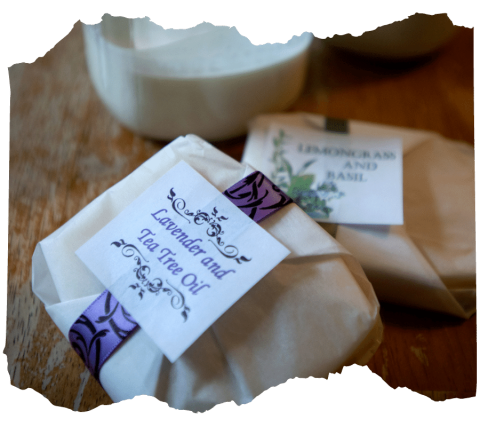Priced out of owning Maine land, this homesteader is doing what she can on a smaller scale
In her own way, Heather Barter is every bit a homesteader, albeit one without land, livestock or a garden.
“If I had a magic wand I would have a big enough garden to grow as much vegetables and animal feed as I could to support myself, my friends and my community,” Barter said. “Some goats for dairy, chickens for eggs and have as much of a sustainable system in place as possible.”
She’s interested in keeping her homestead small scale with the goal of doing as much as she can for herself and relying on local sources for her other needs.

Barter’s homesteading dreams could not come at a worse time. The price of land, which had already been increasing, accelerated during the pandemic. Priced out of the current Maine real estate market, Barter is instead living her homestead dreams in the confines of her Veazie apartment growing what she can in containers on her porch and a small patch of ground next to her building.
Given the price of land, it’s a good thing she’s content with a small-scale operation.
Barter, 34, and her husband, 40, figure they could do all they want on about a quarter of an acre, but so far even that is out of reach of their current budget and desire to be within a 30-minute commute of Bangor and the school systems that match their daughter’s academic needs.
Their two daughters are 8 and 3 years old.
Ideally, their homestead would have a two- to three-bedroom home with space for Barter’s studio. Their working budget is between $150,000 and $160,000, which pushes their combined annual income of $65,000 to the limit.
They began the serious hunt for their dream parcel about six months ago.
“We’ve been working with a real estate agent,” Barter, a self-employed artist, said. “I would not think our wish list was crazy, but there is nothing in our price range right now, nothing.”
Land or farms that are currently for sale within 20 miles of Bangor are on the market for hundreds of thousands of dollars, far out of the couple’s price range. Properties for sale within that area include a three-bedroom home in Levant on 2 acres listed for $218,500 and a four-bedroom on 30 acres in Bangor for $775,000.
“There is a field across from me that used to be a farm, but it’s been sold to a developer,” Barter said. The land has been cut into lots that are selling for $300,000 each, she added. “That sort of thing is harming the market.”
So for now, Barter is an apartment homesteader.
“I only have so much space so I just do what I can and currently I plant containers with tomatoes, sunflowers and a variety of herbs,” she said. “I am looking to getting seed potatoes [because] I got some old grain bags I can make into planting bags.”
The same pandemic that has put land out of reach is what drove Barter’s desire to homestead.
“We saw what the pandemic did to the food and supply chains,” said Barter, who moved to Maine with her parents from Chicago when she was 12. “Being part of community resilience is one of the big reasons we want to homestead.”

Friends with available land have also offered to let Barter plant vegetables and are sharing their own bounty with her.
“Last year one of my friends planted a lot of tomatoes and was running short on time at the end of the season,” she said. “I canned them all for her and she let me keep half.”
She envisions a day when she and her husband are growing or producing enough food to share with their community, should the national food chain be disrupted by delivery problems or the effects of climate change.
“I like the idea of not relying so much on capitalism,” she said. “I like the idea of building community and the bonds between neighbors in a small community where we know where our food comes from.”
She’s already started her bartering and sharing network. Along with the tomato canning exchange, Barter has canned fruit from a friend’s tree in exchange for keeping some of that harvest for herself, worked with another friend to make soap, and painted portraits of yet another friend’s cows in exchange for beef and maple syrup.
As she continues to search for her own homestead, Barter vows to grow as much as she can.
“I am going to talk to my landlord to see if I can do some raised beds this spring,” she said. “I’m also practicing skills with food like canning, cooking from scratch and the sorts of things I will need to know when we have our homestead.”
Layout design by Leela Stockley for the Bangor Daily News
